Are you on time? Do you run on Lombardi time?
Strategic Discipline Blog
Topics: Strategic Discipline, meeting rhythms, time management, The Power of Full Engagement, The Right People, Michelle Wick
According to the Power of Full Engagement two behaviors dramatically increase the likelihood of successfully locking in new rituals in the typical thirty to sixty day acquisition time period. They call these behaviors Basic Training and they are very similar to the process we ask our Gazelles Clients to follow for developing Strategic Discipline.
Topics: Strategic Discipline, employee performance, meeting rhythms, time management, The Power of Full Engagement
Life can be filled with paradoxes. Many times what we find to be challenging, difficult or extremely stressful can provide us with exactly the understanding and training we need in the future.
Topics: employee performance, time management, The Power of Full Engagement
Overuse. In the Power of Full Engagement the authors use an example of a sprinter versus a long distance runner. The picture here suggests the contrast of someone who is constantly overusing their energy resources versus the person who recovers after short sprints. Underuse could dramatically show someone who is obese, fails to exercise at all. Yet the important thing to recognize is the critical balance we must make in using our energy and not using it.
Topics: 10Xers, employee performance, time management, performance, Balance, The Power of Full Engagement, stress, Stengel 50
Time Management - Managing Energy Versus Managing Time
Posted by Douglas A Wick on Thu, Sep 19, 2013
Topics: priorities, time management, performance, precision and specificity
Topics: Discipline, Acute Myeloid Luekemia, time management, human behavior, The Power of Full Engagement, Michelle Wick
Discipline Scheduling - Three Keys to Building Effective Rituals
Posted by Douglas A Wick on Thu, Apr 7, 2011
How important is it to specify the time you are going to do something to predict accomplishment? Precision and Specificity is one of the three key to establishing effective rituals. Researchers have found that even chronic procrastinators are eight times more likely to follow through if they set a specific time to complete it. Here’s an example from Be Excellent at Anything that illustrates the importance of precision and specificity.
Topics: time management, rituals, precision and specificity, routine
Have you ever found that when you go on vacation you come up with great ideas for your business? Seemingly impossible challenges suddenly become simply resolvable when you are away from work? It’s not surprising. Michael Gelb, Author of “How to Think Like Leonardo da Vinci” wrote, “Where are you when you get your best ideas? Almost no one claims to get their best ideas at work.”
Topics: employee performance, time management, human behavior, The Power of Full Engagement, use of energy

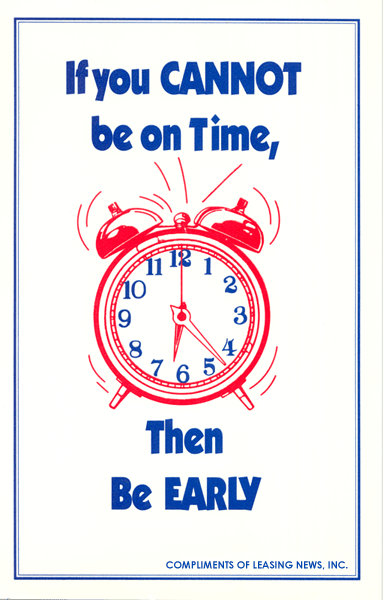
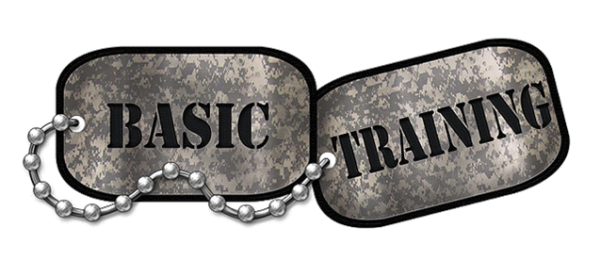
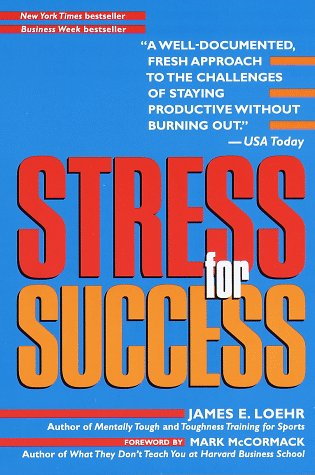

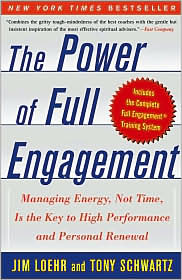

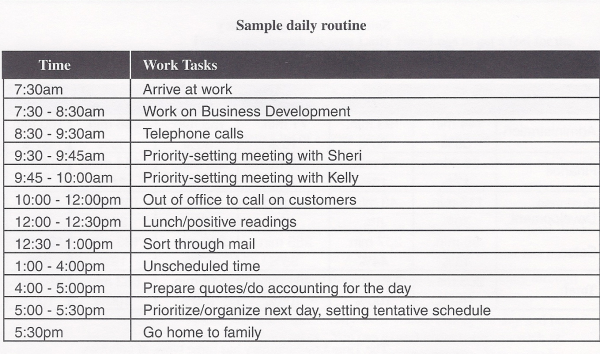






.jpeg?width=150&height=135&name=Hand%20with%20marker%20writing%20the%20question%20Whats%20Next_%20(1).jpeg)

